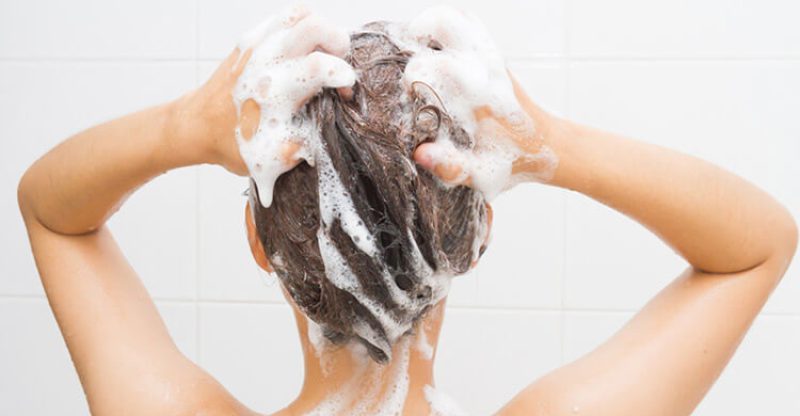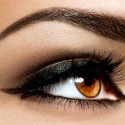How to Care for Oily Scalp?
There are many causes of oily scalp but there is always the same result… Hair is weighed down, greasy, flat and definitely looking unwashed. Does your hair keep oily despite frequent shampooing? By reading on, you will learn how to handle greasy hair.
It turns out we can solve the problem by getting the right product which controls sebum production, and also by changing hair care habits.
What is an oily scalp like?
There are sebaceous glands all over the human body to produce oil which protects the skin from dryness, irritations and harmful effects of weather conditions like minus temperatures, wind or heat. When does the problem appear? When the sebum glands produce too much oil leaving us with dry hair ends and greasy roots. Hair falling out in excess is common as well.
Greasy hair:
- is flat, heavy, lacking volume
- has oily roots with unhealthy shine
- is stringy
- looks unfresh directly after shampooing
- falls out excessively in many cases
What causes oily hair?
There are many reasons why hair is greasy, both internal and external factors, including:
- Genes; a very common cause that we can’t do much about.
- Hormonal imbalance; e.g. thyroid disorders.
- Pregnancy, adolescence, menopause.
- Chronic stress and constant lack of sleep.
- A diet low in vitamins A and B.
- Inadequate hair care e.g. too harsh products with silicones, imprecise shampooing, not clearing scalp and hair of styling products.
- Not using a scalp scrub.
- Scalp overheating e.g. due to hot airflow of a dryer, flat-ironing or curling.
- Toxins, smog and other environmental factors.
How to prevent oily hair?
The key thing is you give up on harsh cosmetics. Removing the oil from the scalp too often causes oil overproduction because the scalp tries to defend itself. Remember that a regular supply of hydration is the secret to healthy hair and scalp, regardless of their types.
Don’t use strong formulas on the scalp because they cause irritation and dryness, which is why the scalp attempts to restore the lost sebum and moisture by producing too much oil. Choose mild shampoos and wash the hair when it needs shampooing, even every day if necessary.
Shampoos should wash and deeply condition the hair, not make it dry. Make sure yours is formulated without detergents which cause damage to the protective layer. Always check the ingredient list, and buy products without strong silicones and paraffin oil which weigh hair down. The best shampoo for oily hair should contain mild washing agents. A micellar shampoo is an example of a good shampoo for greasy hair because it cleans hair and scalp effectively yet gently.





